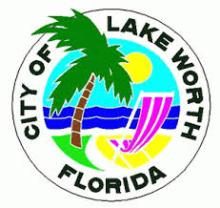San Francisco Passes Ordinance: Tenants Have ISP Choice At Last
San Francisco multi-occupancy building tenants will no longer be stuck with the Internet Service Provider most friendly with the landlord. On December 13th, the Board of Supervisors unanimously passed an ordinance to ensure that competing ISPs have reasonable access to buildings to offer competing services and give tenants a choice.
Ensuring Choice In Apartments, Condos, Businesses
Earlier this month, Mark Farrell from the city’s Board of Supervisors spoke with Christopher about his proposed legislation during episode #231 of the Community Broadband Bits podcast. He described how city leaders began digging into ways to improve local connectivity and uncovered a problem that was much larger than they had anticipated. While federal law prohibits property owners from forcing tenants to sign up with one particular provider, many have effectively done so by preventing competing providers from installing wiring or antennas in or on their buildings. In exchange for limiting access to the competition, building owners and landlords take kickbacks from the ISP willing to make the best offer.
The new ordinance makes such agreements between building owners or landlords and ISPs fruitless because they can no longer block competing providers from their buildings. Webpass, a fixed wireless provider focusing on serving multi-dwelling unit (MDU) tenants, has been trying to get a foothold in the city but the ordinance has proven to be a difficult barrier. A local providers, Monkeybrains, raised the capital through crowdfunding to begin a fixed wireless service, but without the ordinance their reach is limited.
New Choices For Tens Of Thousands
In an urban setting like San Francisco, eliminating the ability for landlords and ISPs to lock tenants into a take-it-or-leave-it scenario will create choice for a huge swath of people:



